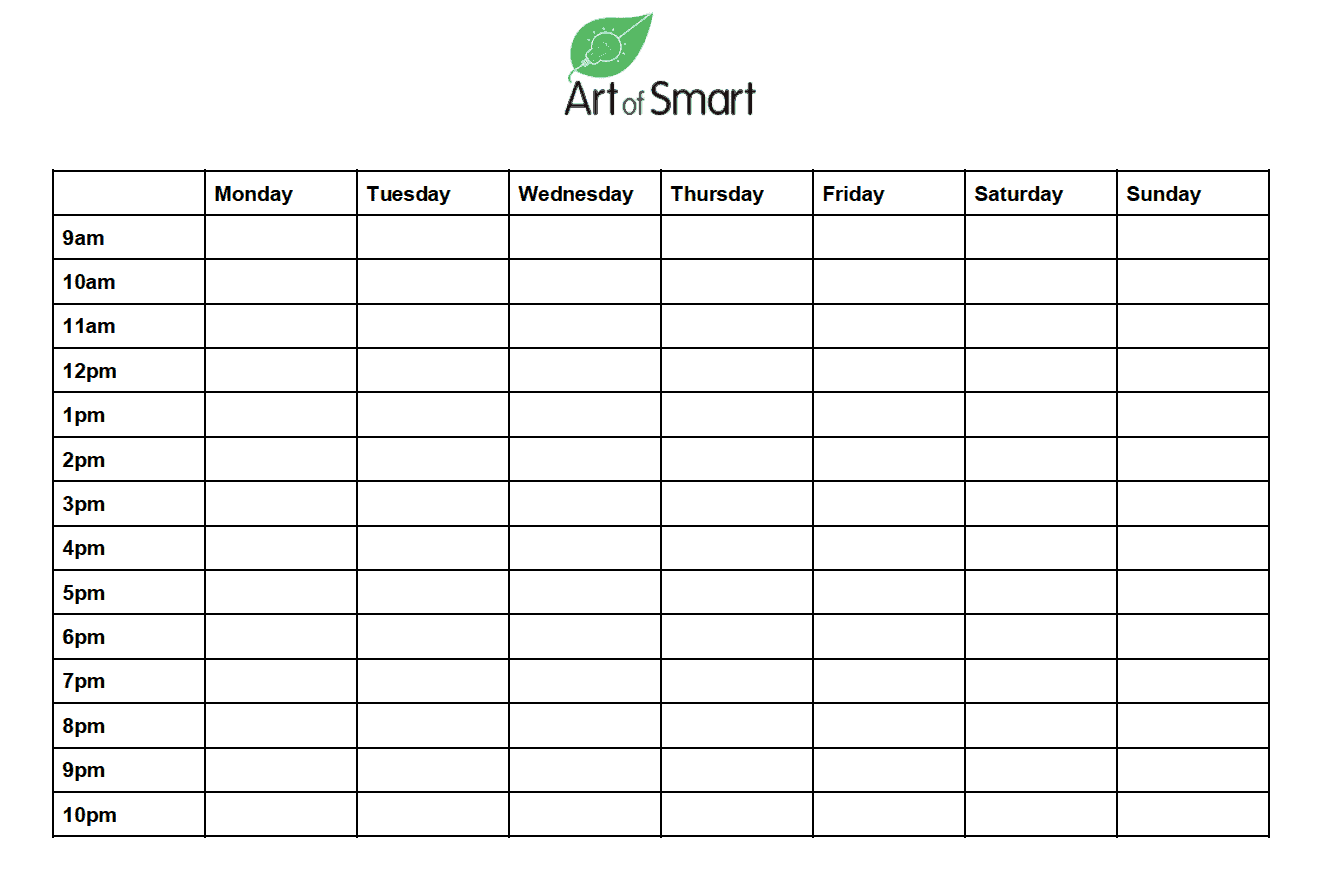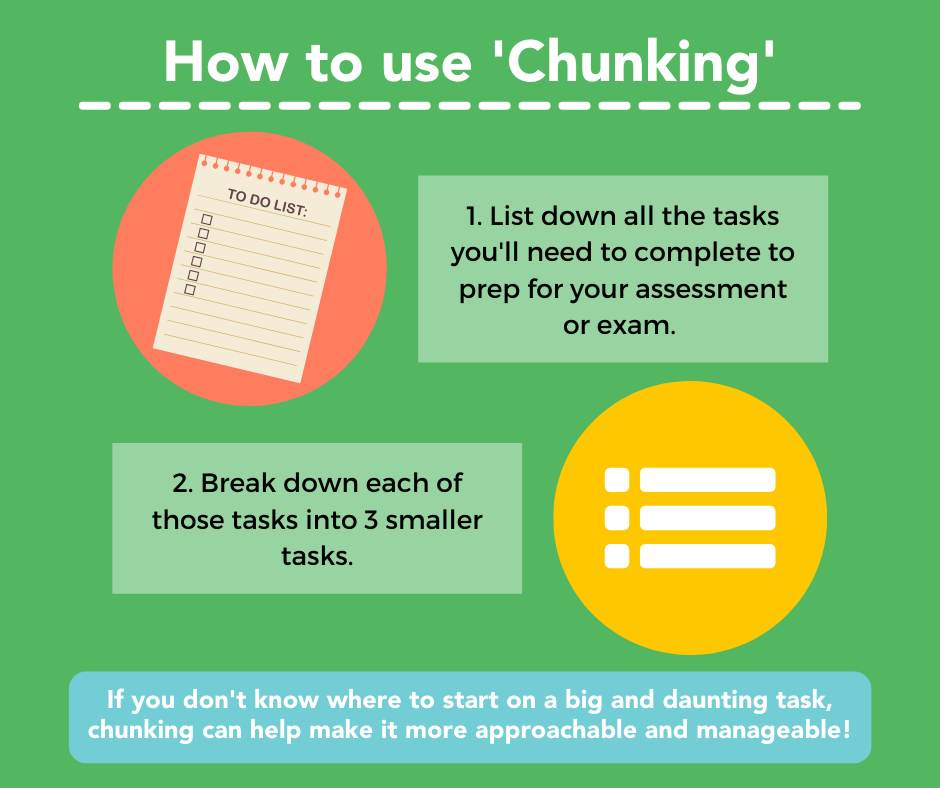Do you remember your last year of school? It may have been fun; a time of independence and solidifying friendships. You might have found some skills you loved and got to pursue. Regardless, Year 12 was probably a time full of stress.
Most parents are keen to ease the pressure their children are feeling throughout HSC, but it’s difficult to know how.
We spoke to Dr Ellie Kirk, a registered counsellor who works with children and students — she even navigated students through the crazy Melbourne lockdown in 2020!
We’re going to introduce you to some top tips for stress-busting, including how you can help your child throughout Year 12. Keep reading if this sounds like what you’re looking for!
When is stress bad?
Tip #1: Help your child create a schedule
Tip #2: Get in a sleep routine
Tip #3: Suggest regular exercise
Tip #4: Encourage a good social life
Tip #5: Give them the chance to do what they love
Tip #6: Get help and support in various places
When is stress in Year 12 bad?
First, let’s recap something we have spoken about before — being exposed to some stress is healthy.
Picture this: your child has a huge assessment coming up. They have work and soccer training on top of having to punch out a 2000 word essay. You know that this is a big week, so you head to their room to check up. You open the door, and… you find them on their PS5.
You’d be understandably annoyed, and probably concerned about your child’s blasé approach. In situations like this, students need a dose of healthy stress to be motivated, stay on track, and achieve results.
If you notice that your child is continually stressed, however, and not enjoying their usual activities, it may be time to intervene.
Read on for some practical tips!
Is your child not set on staying in school? We’ve got 4 Reasons Not to Drop Out Before Year 12 to give them some useful pointers and perspectives!
Tip #1: Help your child create a schedule
As a general rule, the most stressed students are the ones who don’t have a schedule or a good grasp of what they need to get done. You can help solve this by working with your child to create a study schedule!
Of course, each day is going to look different according to what your child has on.
One of the best ways to get started is by making a to-do list at the start of each week and then breaking tasks into small chunks that can be done at different times — also known as ‘chunking’. Remember to leave buffers for rest and for seeing friends!
Learn more about chunking and another stress management technique here!
Dr Kirk said it’s also important to remember that each student needs a different structure. Some students are quite happy inside for most of the day, whilst others need a few solid hours outside after school.
Remember to talk with your child and find out exactly what they need.
Some things you need to consider are:
-
- Getting enough sleep
- Quality social time
- Hobbies and other commitments
- Down time, where your child can do whatever they like
- Doing a reasonable level of study
Most importantly, plan a schedule that is actually realistic. Dr Kirk told us that after two hours of study, most students “won’t have much of an attention span life. There’s a reason not many movies go for more than two hours.” Keep this in mind if your child is inclined to cram due to stress.
What’s your role in this?
Naturally, your child may not want you dictating how they spend their time. One of the best things you can do is give suggestions on how to study, and let your child work out their own schedule from there. Encourage them to let you have input but don’t try to do it all for them.
Tip #2: Get in a sleep routine
This is a big one! Many students don’t get enough sleep during senior high. Not only does this have negative effects on attention and mood, but lack of sleep can disrupt the body’s production of cortisol. This is why we are often irritable and more stressed when we are tired.
It’s therefore paramount to your child’s well-being that they get a good amount of sleep each night. The Sleep Health Foundation recommends 8-10 hours of sleep for teenagers.
There’s a few ways you can encourage this. First, you might like to suggest a strict ‘lights out’ time if this is something your child responds well to.
Make this time reasonable — it’s probably not fair to think your 17 year old will go to sleep at 9pm. If they have to be up at 7, perhaps lights-out is 10:30 so they still have ample chance to get eight hours sleep.
If you have a child who is a bit more independent, perhaps try going to bed at the same time as them! Many children stay up later than their parents because it feels like a bit of a power move. If you suggest that you will be matching their bedtime, they are likely not to stay up until crazy hours.
What’s your role in this?
Ultimately, you can’t control your child’s sleep routine, but you can encourage a good one! Start by speaking to them to find out what they need, and what sleep technique would work best.
Tip #3: Suggest regular exercise
Some students will totally jump at the idea of playing sports after school. All you will have to do is suggest it!
For others, though, getting a good amount of exercise can be really challenging. It’s important that your child gets regular exercise so their bodies can release endorphins, lower cortisol rates and ultimately leave them feeling less stressed.
The good thing is, your child doesn’t need to join a rigorous sports team to get in the movement they need for being calm. Even a 20 minute walk around the block can really help with stress levels, the University of Sydney has reported.
Dr Kirk told us that it’s important to let your child exercise in a way they enjoy. “There is good evidence to suggest that exercise can be as effective as medication,” she said.
Here, Dr Kirk was talking about cases of mild to moderate depression, but the same can be assumed for stress. Have a look at this abstract if you want to know more.
What’s your role in this?
The best thing you can do is regularly suggest active hobbies that your child enjoys. If they love roller skating, or if they have a dog, that can be enough! For more stubborn students, perhaps you can go for walks with them and use it as a time to unwind.
Tip #4: Encourage a good social life
Are you just a regular mum? Be a cool mum.
Okay.. maybe you’re not inviting your kid’s friends over for a pampering and gossip session like in Mean Girls, but you can help your child to maintain a great social life.
Encourage them to surround themselves with friends who they love! This will help students realise they are supported, valued and grounded amid Year 12 stress.
By inviting your children’s friends into your house, you give them the space to be stressed, soundboard off each other and reach solutions together.
What is your role in this?
Suggest to your child that they can have a regular ‘social day’. You might offer to have their friends around for dinner.
If they’d rather not do that, perhaps you can give them a certain amount of spending money, or offer to drive them to safe locations for catch ups. It’s all about enabling possibilities.
Tip #5: Give them the chance to do what they love!
Okay, now it’s time for you to brainstorm! Get out a pen and paper and think about everything you know your child loves to do. It doesn’t matter what it is — it can be huge hobbies or something as small as wearing their favourite socks.
Done that? Great. Now think about how you can make these things happen more throughout the HSC year.
Allowing your child to take their mind off school and have fun is one of the biggest stress-busters out there. Doing fun things, particularly in groups, releases those endorphins we were talking about earlier.
So, encourage your child to persist with things they enjoy. Perhaps they used to play a sport they were really good at. Maybe they’d love to be in some local plays. Anything that produces a healthy work-life balance is great.
The too long didn’t read version: regular hobbies produce happy kids!
What’s your role in this?
Encourage your child regularly to take time off and pursue what they love. Perhaps even set a reminder on your phone for a regular weekly check-in. Remind your child that you care about their marks, but you care far more about them being healthy and having fun.
Tip #6: Get help and support in various places
You may not always be the one your child wants to talk to, especially when they are stressed. This can be really hard for parents who want to help. However, Dr Kirk said it’s totally normal for students to need a space to chat outside of their own home.
She suggests getting your child in touch with the school counsellor if you think they need extra support.
“Counsellors can help by just listening impartially, by sharing tactics that have worked for other students… counsellors can also talk about other things that are making HSC more difficult than it needs to be,” Dr Kirk said.
Making sure that your child has a great support network around them is paramount. Encourage them to keep chatting to their friends, teacher or professionals.
A major stressor for HSC students is their heavy workload, especially if they’re struggling to understand the concepts being taught. If your child could benefit from a boost in confidence or needs support with time management and accountability, check out how our K-12 tutors in Kirribilli and across Sydney can help!
What is my role in this?
The trick here is to walk the line between caring and not being overbearing. Check in with your child that they have someone to talk to and get advice on stress from. Trust them when they say they do, and support them if they may need to be guided on the topic.
So there you have it!
Your six top tips for helping lower your child’s stress during Year 12. It’s going to be a tricky year, but a good relationship with your child, where you encourage them, can do wonders.
If you are particularly concerned about your child (or need support yourself) don’t be scared to contact schools and mental health services for support!
Hopefully these tips for reducing stress in Year 12 will really help you as you start discussing these issues with your child.
Lucinda Garbutt-Young hopes to one day be writing for a big-shot newspaper… or maybe just for a friendly magazine in the arts sector. Right now, she is enjoying studying a Bachelor of Public Communication (Public Relations and Journalism) at UTS while she writes on the side. She also loves making coffees for people in her job as a barista, and loves nothing more than a sun shower.






